Objective of the re-structuring
To implement a restructuring of the existing Abrazos Program to provide equity, physical and mental health to all children and adolescents of families affected by Huntington’s Disease (HD) in Colombia and Venezuela. extends prior Abrazos Program to cover all children living in HD families, regardless of socioeconomic status; establishes age-dependent strategies, and expands scope of focus via collaborations with additional institutions.
Synopsis
The New Horizons/Nuevos Horizontes program seeks to improve the lives of children & adolescents at risk and affected by HD, currently within the orbit of Factor-H and affiliated institutions, living in vulnerable conditions mainly in the regions of Magdalena, Atlantico and Antioquia, in Colombia and San Luis and Barranquitas in Venezuela. Additional children and adolescents will be added to the program once identified and if interested in participating.
The families affected by HD located have with a significant percentage of children and adolescents who grow up surrounded by a precarious environment, with limited opportunities and little government assistance. The constant presence of HD affects their development and perspective of a normal future. Their environment prevents them to fully develop their rights and quality of life. External factors include a national reality that leads to scarcity and a high cost of food and medicine, as well as the shortage of basic services. Internal factors common to most of these families are a consequence of living in an environment conditioned by HD, either because one or both parents or other relatives who live among them suffer from it, or because they themselves suffer from it.
Education as the key mechanism to bring opportunities for children, adolescents and young adults has become inaccessible due to a lack of infrastructure, equipment, and socio-economic factors that prevent access to adequate schools. Many children do not enjoy a “full” childhood because circumstances force them to become caregivers or stop studying to be family providers from an early age, many are mistreated by the parents or relatives with whom they live, do not have adequate food, neither in quality nor quantity; nor do they receive timely health care and/or the medicines necessary for their growth or when sick; many do not access typical childhood vaccinations; some end up living on the street. In this sense, the State does not assume its responsibility and children, as well as adolescents, are left to their fate.
In summary, in the environment of communities with HD in Colombia and Venezuela there is a high violation of all the fundamental rights of children: to a full life, to food, to education, to health, to identity, to freedom of expression, to protection; all of these rights enshrined in the Organic Law for the Protection of Children and Adolescents, as well as by all international documents that refer to children.
Background
In partnership with the local Colombian organization FUNCOVULC, Factor-H created the Abrazos Project in 2015, making its execution possible through fundraising and partnerships with other local organizations with the aim of improving the living conditions of children and adolescents of families affected with HD, located mainly in the region of Magdalena, Atlantico and Antioquia. The program initially included children ages 5 to 12 as well as any juvenile HD individuals in the region, with whom recreational, educational and health activities were performed twice a year and a basic assistance of clothing, shoes, school supplies, medications, and other necessities were supplied with a support budget for each child selected as part of the program equal to $300 US dollars per year.
In 2018, Factor-H established the Abrazos Program in Venezuela, modeled after the Colombian program, which was limited to a scheme of special activities and specific donations to children identified by other foundations. The identification of beneficiaries was conditional on two aspects: that the children were between 3 and 15 years of age and that they were at risk of HD and/or in extreme poverty.
In 2019, Children’s day and Christmas parties were held, with donations of school clothes and gifts for Christmas in both countries and health care activities for children during which screening and care for comorbidities were carried out, with pediatricians, neurologists, and pediatric neurologists.
For 2020 and 2021, donation activity was maintained, even with the limiting and exceptional circumstances resulting from the COVID-19 pandemic and the consequent strict quarantine throughout the year. However, the children received nutritional supplements and vitamins, basic assistance, school supplies and tablets to facilitate schooling.
In July 2020, the Abrazos Little School (“escuelita”) was opened in Barranquitas, aimed to ensure that all children of the Abrazos Program could read and write. This project began serving ten (10) children and by November 2021 increased care to twelve (12). All are children at risk of HD, in extreme poverty or on the street, who have begun to read and write.
Legal & regulatory framework
The current international and national normative frameworks on children and adolescents is the result of the evolution of different doctrines expressed in treaties, protocols and laws. These standards guide the definition and implementation of public policies aimed at guaranteeing the exercise of the rights of children and adolescents.
Since the Convention on the Rights of Children, which was adopted by the United Nations General Assembly on November 20, 1989, and enforced starting on September 2, 1990, the children of the world have been recognized as social agents and subjects of law, active holders of their own rights.
Furthermore, on March 30, 2001, the Inter-American Commission on Human Rights submitted to the Inter-American Court of Human Rights a request for an advisory opinion on the interpretation of articles 8 and 25 of the American Convention, with the aim of determining whether the special measures established in article 19 of the same Convention constitute “limits to the discretion or discretion of the State” in relation to children, and also requested the formulation of valid general criteria on the matter within the framework of the American Convention (taken from the project for Colombia).
The Organic Law for the Protection of Children and Adolescents (LOPNA) is the Venezuelan law that was enforced beginning on April 1, 2001, whose purpose is to protect the rights of children in Venezuela, basing its principles on the International Convention on the Rights of the Child of 1989.
FACTOR-H: areas of focus & the re-structuring of the youth program
The focus established by Factor-H in its strategic planning is comprised of 4 areas of action:
- Access to the right to health
- Youth: building new resilient, informed, and empowered generations
- Community development: empowered and self-reliant families
- Documentation and advocacy: accountability to duty bearers
These four new areas of work reflect the activities being carried out on the grounds and introduce a previously absent rights strategy. In addition, they are conceived as concrete aspects of work to ensure that families and communities affected by HD live in dignity, prosperity and exercising their rights.
According to this new vision, the Children and Adolescents (Youth) program, in the way it has been developed, can be considered to be a transversal program to several of these areas. The original approach was based on the fundamental rights of children and adolescents established by the Organic Law on the Protection of Children and Adolescents- in Chapter II Rights, Guarantees and Duties and from this analysis, the general objective of the program and the specific ones emerge.
By highlighting the living conditions of the families affected with HD and the precariousness of the environment within which the children grow up, it became necessary to create a program through which comprehensive support and assistance will be provided in health, education, recreational and training activities that allow the children to potentiate their capacities and talents as an effective tool for their own development. The aim of such support is so children and young people affected by HD may grow up healthy, physically, educationally, emotionally, and psychologically with healthy habits of life, food and use of free time. It also includes guiding and educating children, adolescents and their families in the identification of risk factors that threaten and violate the effective enjoyment of their rights, about the disease and how to face the challenges that may arise in their family environment or with respect to themselves.
Scope of the “Nuevos Horizontes” (New Horizons) program
The Youth Program will be called Nuevos Horizontes and will address the specific objectives of children between 3 and 18 years of age at risk of/affected by HD with a comprehensive and transversal approach that covers aspects of the various strategic areas of Factor-H. The children and adolescents will participate in the following groups:
- Children between the ages of 3 and 7 years will belong to the Abrazos Peques (little ones) group
- Children between the ages of 7 and 12 years old will belong to the Abrazos group
- Youth between the ages of 12 and 18 years old will belong to the Creciendo Juntos (Growing up together) group.
To date, 120 children have been identified in Colombia and 152 in Venezuela that participated in the Program
Objectives, Key results & Measurable Outcomes
- O.1: Empower future generations to make informed decisions about their futures and become an agent of change in their communities.
- O.2: Reducing inequality in access to education
- O.3: Promote an integral and happy development
Each Objective has specific Key Results (KR). Additionally, FH aims to achieve Measurable Outcomes (MO) for each KR. We will utilize a results-based management approach integrating strategy and measurement to improve decision-making while ensuring transparency and accountability. With the upcoming surveys in place, together with our local team we will ensure high-quality data and monitor progress through:
- Baseline and regular assessments;
- Training of staff and volunteers;
- Supportive supervision; and
- Monthly and quarterly data reviews
The Measurable Outcomes (MO), for each group, can be found HERE

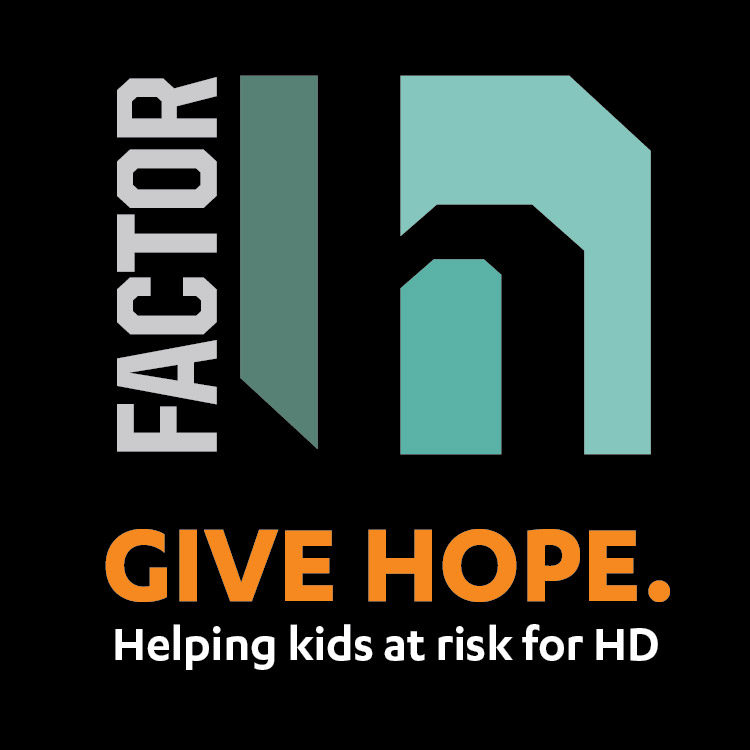

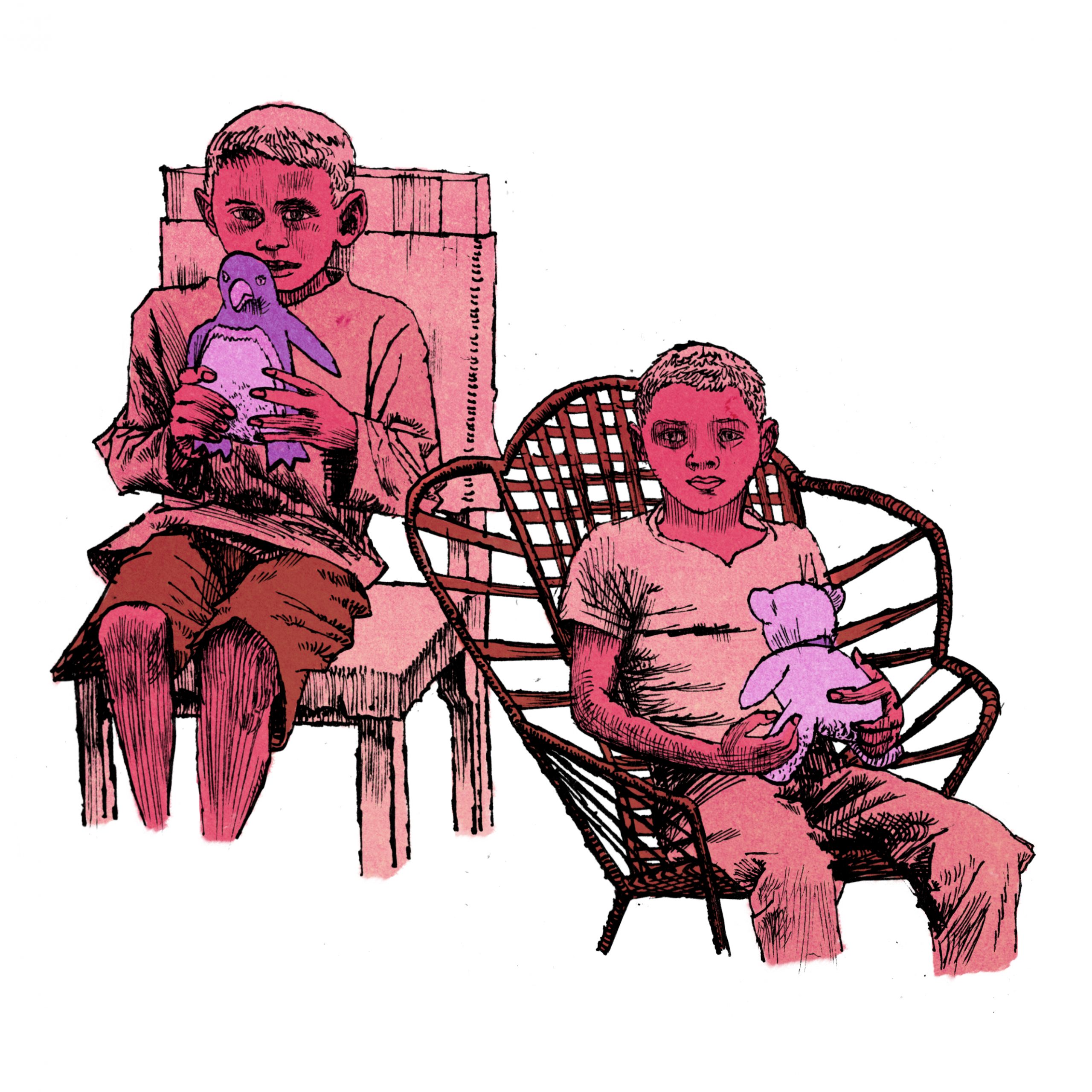

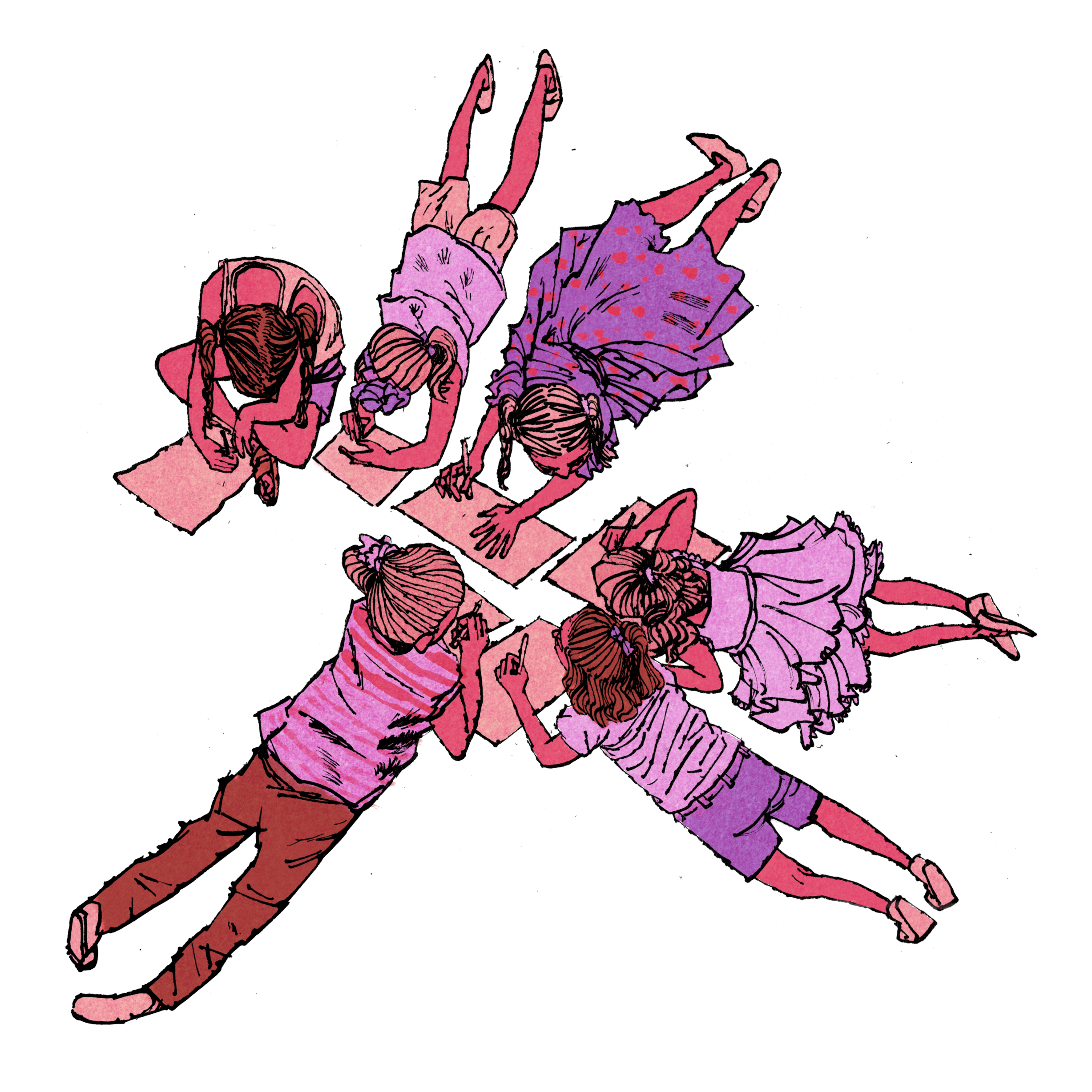
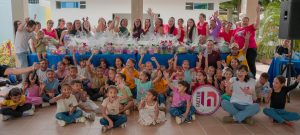
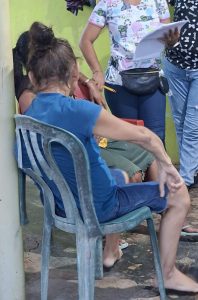
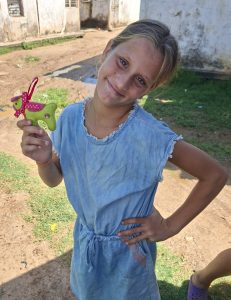
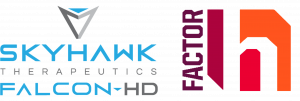
One Response